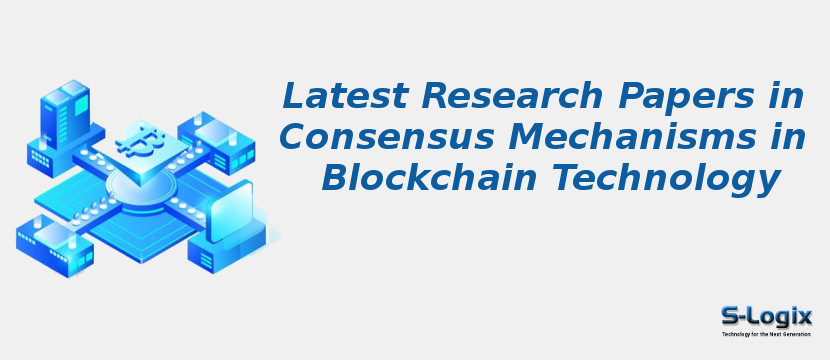Consensus mechanisms in blockchain technology is a crucial research area that focuses on designing protocols to achieve agreement among distributed nodes in a decentralized network, ensuring transaction validation, security, and network reliability. Early mechanisms such as Proof of Work (PoW) underpin Bitcoin, emphasizing security through computational effort, while subsequent protocols like Proof of Stake (PoS), Delegated Proof of Stake (DPoS), Practical Byzantine Fault Tolerance (PBFT), and Proof of Authority (PoA) address energy efficiency, scalability, and latency issues. Recent research explores hybrid and adaptive consensus protocols, sharding-based approaches, layer-2 solutions, and Byzantine-resilient algorithms to improve throughput and fault tolerance. Applications span cryptocurrencies, decentralized finance (DeFi), supply chain systems, IoT integration, healthcare, and smart contracts, where secure and efficient agreement is critical. Current studies also investigate energy-efficient designs, attack resilience, decentralization trade-offs, and interoperability between heterogeneous blockchain networks, establishing consensus mechanisms as the backbone for secure, scalable, and decentralized blockchain systems.
